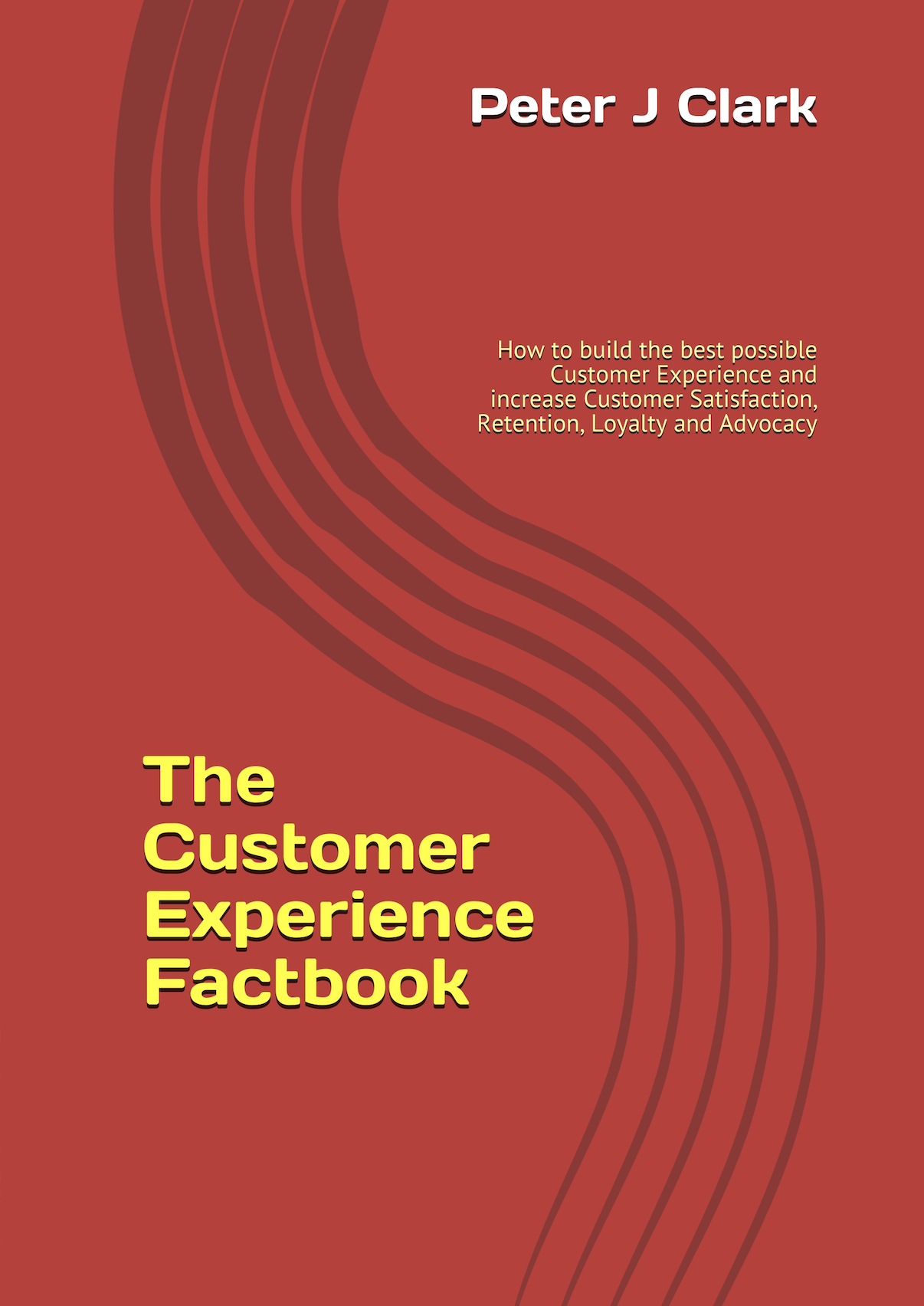How consumers choose their 'go to' small businesses
Loyalty is often to a particular employee, not the store
DaySmart Software, a provider of business management software for small businesses, has published survey findings that reveal what consumers prioritize when finding their go-to professional service providers - specifically in the hair and nail, pet service (pet groomers, spas, kennels, daycares), spa and tattoo industries.
In February-prior to the escalation of COVID-19-DaySmart polled 2,000 US consumers who had visited these types of businesses in the last year. The study revealed that consumers place heavy emphasis on small business employees and personalized service when choosing where to spend their money regularly.
Amidst the COVID-19 crisis, small businesses across the US have been forced to close and-as much as possible-operate remotely. As those businesses start to reopen their doors in the coming months, they'll need to be creative and strategic to reengage their customer bases and foster loyalty amongst prospects. In order to regain that relationship with clients, business owners and managers will need to put an emphasis on bolstering the quality of the services they are providing.
DaySmart's study revealed that 62% of consumers believe quality of service is the most important trait when identifying their go-to businesses. This is followed by cost (40%), convenience (32%) and reputation (32%). Once the customer starts feeling comfortable at their chosen businesses, more than half (51%) say that it takes 10 visits or fewer for them to consider themselves a "regular."
While it is important that business owners make investments to foster a growing relationship with their customers, it is also critical that they prioritize employee satisfaction by investing in tools, such as business management software, that make their jobs easier and enable them to focus on clients.
Findings show that 67% of consumers are more likely to be loyal to a particular employee rather than the overall business. Further, 48% say they would follow an employee from a business they were a regular at if they moved to a new business. As employees prove to be a small businesses' biggest asset, owners will need to emphasize their value by providing them with the resources needed to succeed.
It is no surprise that the stakes are high when it comes to both quality of service and employee-customer interactions. Findings show that 60% of consumers would never go to a business again if that business ruined the service they went there for (e.g., haircut, manicure, tattoo). Moreover, 50% say they would never go back if an employee was rude to them, and more than three-quarters (77%) of consumers are less likely to visit a business again after receiving bad customer service. Clearly, consumers think a lot about who their go-to professional service providers will be - and the choices are not taken lightly.
According to the survey findings, consumers are pickier when it comes to finding a hairdresser or barber who they are comfortable with than a doctor. They are also pickier when choosing a pet kennel or daycare than a babysitter or nanny.
When building customer experience, small businesses must consider adopting technology - on both the front and back end - that will help them be as user-friendly and convenient for customers as possible. Seventy four percent of respondents are more likely to continue visiting a business if they can utilize online resources to book appointments - a percentage that jumps to 81% for consumers between ages 18-23 and 79% for consumers between ages 24-39. With the proven importance of positive employee customer service and personalization, small business owners should also be investing in technology with features such as automated marketing, flexible scheduling and performance reporting that will free up time for employees to forge those meaningful relationships and deliver on the catered experiences that consumers expect.
"Employees are the heroes of the customer loyalty story - and the keys to unlocking critical benefits such as repeat business, referrals, constructive feedback and more," said Jeff Dickerson, CEO of DaySmart Software.
The survey report has been made available for download from the DaySmart website at https://www.daysmart.com/loyalty2020
Sources: DaySmart Software / The Marketing Factbook.
Copyright © 2020 - 2025 The Marketing Factbook.
Categorised as:
- Customer Experience
- Customer Loyalty
- Marketing Know-How
- Marketing Technology
